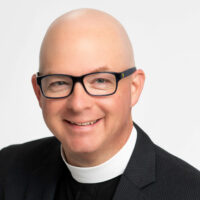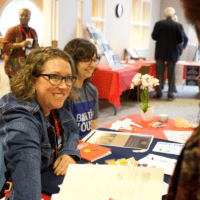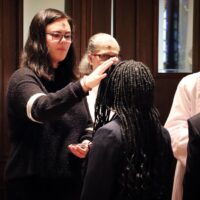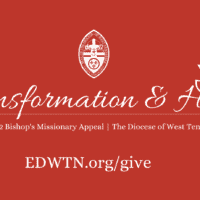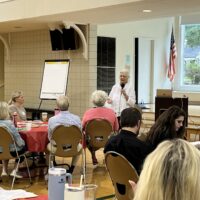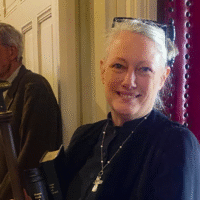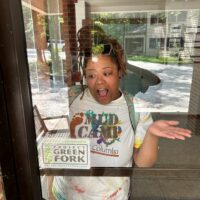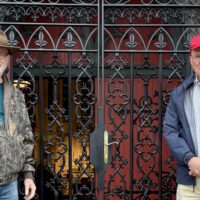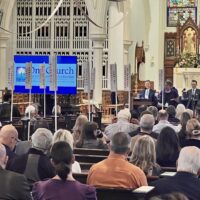The Episcopal News Service recently reported that certain churches in large cities (New York, San Francisco, and Atlanta) are requiring proof of vaccination for attendance. The rector of one of the New York churches was quoted as saying, “The rights of individuals to choose not to get vaccinated ends where the responsibility to safeguard the worshipping community begins”, not an unreasonable statement, considering that at least one goal of the church leader is the safety and protection of all who attend church.
This issue reminded me of a question posed to me recently, and during a time when there was significant antagonism toward those who remain unvaccinated. Knowing of my status as a retired physician, a friend asked if I agreed that hospital emergency rooms should treat vaccinated persons ahead of those who choose not to be vaccinated, his idea being that the latter group brought illness upon themselves, and should not receive resources ahead of those more responsible, if at all. My answer was clear and simple; physicians have taken an oath, and dedicated their lives to treating fairly, and without partiality, all who present themselves in need of care. They are accustomed to exposure to all kinds of diseases, and know how to take necessary precautions for their own protection. Medicine is blind to race, social status, gender, religious affiliation or political views, or even Covid vaccination status. So the code of ethics for medical teams is to treat all persons appropriately and efficiently without regard to their status in society.
Clergy find themselves in similar positions, welcoming all to their churches, regardless of who they are, or how they look, or how much is in their pocketbook. Just as Jesus ate with tax collectors and sinners, and touched and healed lepers, church leaders may be expected to do likewise. The church is, or should be, a haven and a place of solace for all who cross its threshold. At the same time, the rector is responsible for insuring that all who come to worship can do so safely. Unlike the physician, clergy are not accustomed to dealing extensively with diseases or being exposed to them. Furthermore, he or she is working in an indoor space where there often are large crowds where the vaccination status is likely unknown, and where the CDC says viral spread is definitely possible. So Rev. John Doe is faced with the dilemma of how to welcome all but also how to protect all. Some have required proof of vaccination as the safest measure, but how would God have them treat those who have been turned away, and would God agree with their decision?
The striking parallel between the roles of physician and clergy has both practical as well as ethical and theological implications, but each has as his or her responsibility the unbiased care of all who presented themselves in need. God has blessed each of them in their vocations, and expects them to carry on their work as Jesus did, touching and healing the lame and the sick.
So, what are we to do? I personally feel that we are currently taking the most reasonable approach, abiding by the recommendations of healthcare experts, and realizing that such approach may always be subject to change. It is the way our Episcopal heritage has often acted with regard to important decisions, taking the “Via Media”, the “middle way’. May God bless and protect our churches and our hospitals.
The Reverend Dr. Randy McCloy
Deacon, Church of the Holy Communion

